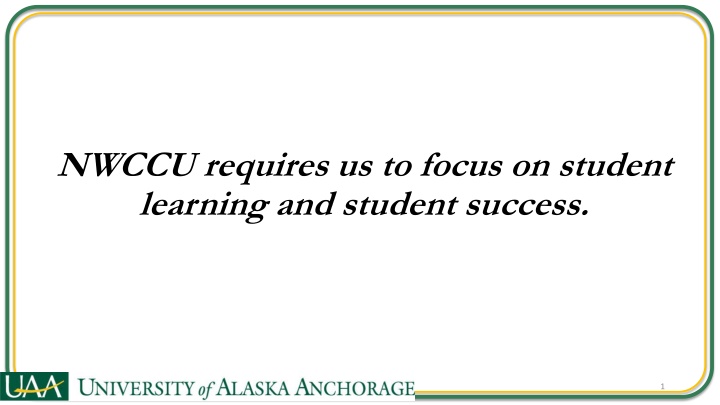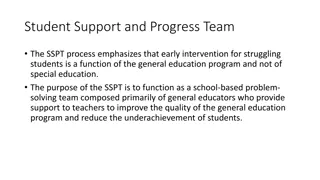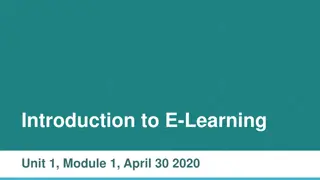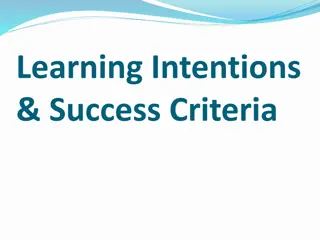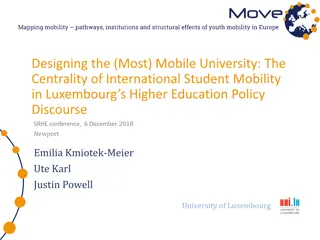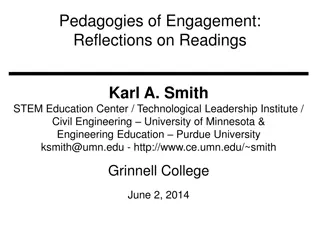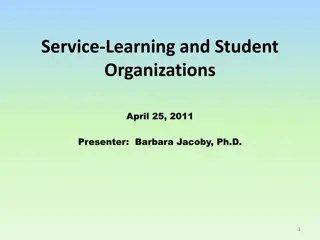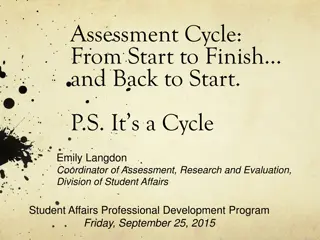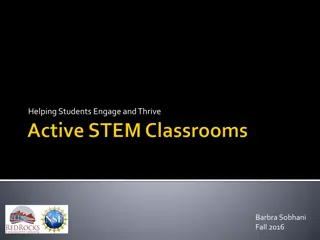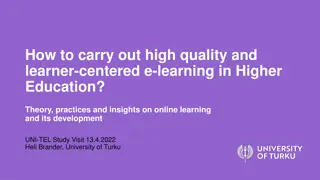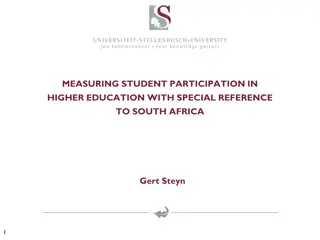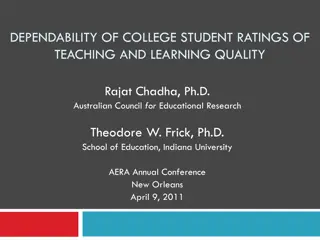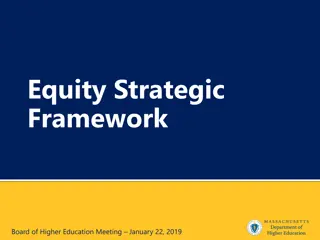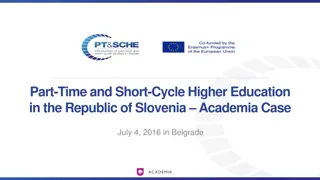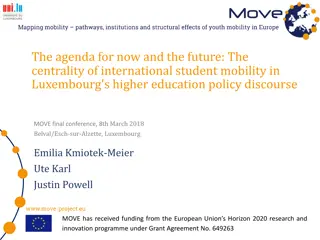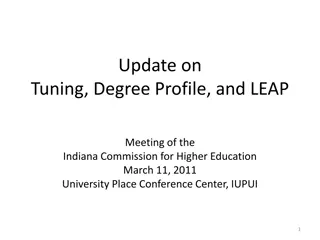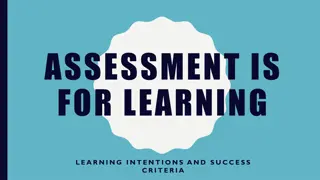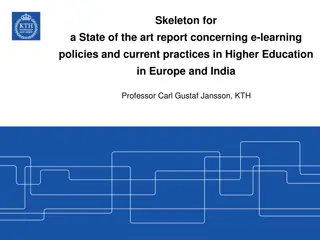Focusing on Student Learning and Success in Higher Education
NWCCU emphasizes the importance of student learning outcomes and core competencies across programs to ensure student success. The institution engages stakeholders to develop meaningful, assessable, and aspirational core competencies relevant to students and communities. Through collaborative efforts, a list of 31 core competencies has been established and presented to governance groups, reflecting the commitment to student achievement.
Download Presentation

Please find below an Image/Link to download the presentation.
The content on the website is provided AS IS for your information and personal use only. It may not be sold, licensed, or shared on other websites without obtaining consent from the author.If you encounter any issues during the download, it is possible that the publisher has removed the file from their server.
You are allowed to download the files provided on this website for personal or commercial use, subject to the condition that they are used lawfully. All files are the property of their respective owners.
The content on the website is provided AS IS for your information and personal use only. It may not be sold, licensed, or shared on other websites without obtaining consent from the author.
E N D
Presentation Transcript
NWCCU requires us to focus on student learning and student success. 1
What do we want our students to know and be able to do? How are we going to help them get there? 2
NWCCU Standard 1.C.6 NWCCU Standard 1.C.6 Consistent with its mission, the institution establishes and assesses, across all associate and bachelor level programs or within a General Education curriculum, institutional learning outcomes and/or core competencies. Examples of such learning outcomes and competencies include, but are not limited to, effective communication skills, global awareness, cultural sensitivity, effective communication skills, global awareness, cultural sensitivity, scientific and quantitative reasoning, critical analysis and logical scientific and quantitative reasoning, critical analysis and logical thinking, problem solving, and/or information literacy. thinking, problem solving, and/or information literacy. 3
What constitutes a Core Competency? Cross-Cutting (Not disciplinary focused) Cross-Institutional (Curricular and Extra Curricular) Meaningful to Our Students and Communities Assessable Comparable to Peers Realistic AND Aspirational 4
Started with two sets of outcomes we have already been working with: GER outcomes and the AAC&U competencies from their employer survey 6
Engaged with stakeholders The October 4th Accreditation Kick Off and the November 15 Open Forum (over 100 faculty, staff, students and administrators from across UAA s campuses) & met with Student Affairs Leadership Team Alumni Association Board Advancement Leadership Team Administrative Services Senior Executive Team Student Government (USUAA) Staff Council Undergraduate Academic Board & Graduate Academic Board Faculty Senate Academic Assessment Committee Diversity Action Council (scheduled) And ended up with a list of 31 Core Competencies, presented to governance groups in December 7
Accreditation Advisory Committee An Accreditation Advisory Committee has been established and the Core Competencies Working Group used the list of 31 core competencies to come up with the nine categories we will be working with today. 8
